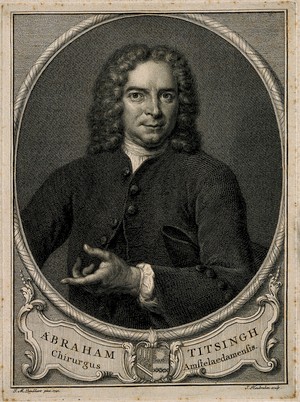The corona crisis demonstrates how easily too optimistic hopes for medical cures and faith in medical technology can turn in the most irrational rejection of medicine and the denial of disease. We are confronted with a health problem for which there is not yet a cure or a vaccin. It seems a question of individual constitution whether one gets contaminated with the virus, to what extent one develops symptoms of the disease, and if one will die. In fact we are in the same situation as our premodern ancestors, who had to survive diseases and epidemics without the benefits of cures.
This does not mean that they were necessarily helpless to manage health and disease. Classical medicine going back to Hippocrates gave them concepts and tools to strengthen their constitution and to prevent the onslaught of disease – at least, up to a point. For instance, social distancing, washing hands, and quarantine were measures regularly used when epidemics of the plague hit cities.
The attention to lifestyle in the prevention of disease and the problems of adhering to a healthy lifestyle in the long eighteenth century is investigated in detail in the recently published volume Lifestyle and Medicine in the Enlightenment: The Six Non-Naturals in the Long Eighteenth Century, edited by James Kennaway and Rina Knoeff. The volume examines what it meant to live healthily in the context of the six ‘non-naturals’ of Hippocratic medicine that determined one’s health and resistance to disease: airs and places, food and drink, exercise, excretion and retention, and sleep and emotions.
My own contribution discusses how Europeans survived in the tropical regions of the Dutch Atlantic: in West Africa, Brazil, an the Caribbean. I have written of this before in Dutch in my book Vrijbuiters van de heelkunde (now only available as ebook). In the article I focus in particular on the example of a surgeon from Amsterdam who went as ship’s surgeon to the Caribbean: Abraham Titsingh (1684-1776).

Titsingh was a proud man, a quarrelsome fellow quick on the lookout for trouble. He made many enemies, not in the least among his professional colleagues in the surgeons’ guild of the city of Amsterdam. He wrote of himself: ‘that he presumed to many liberties en had his own tricks. [But] one should consider, when he spoke a little to freely, that he was a freeborn Dutchman, an Amsterdammer, who spoke the truth without restraint for the honour of his fellow countryman, his contemporaries and his colleagues […] to show that there were men in Amsterdam and that it was unnecessary to send puppies to Paris to learn surgery.’
‘Experience at the sick bed was the main thing’, according to Titsingh, and he had a low view of even famous academics as Boerhaave, who he described as blinded by their school knowledge and misleading the young by their unproved sentiments. Both from an empirical and anti-authoritarian stance Titsingh disliked established medical science and this stimulated him to have an open ear in the tropics to its inhabitants, and to develop and implement naval expertise aiming at survival in the unhealthy hot climates, managing health through the six non-naturals.